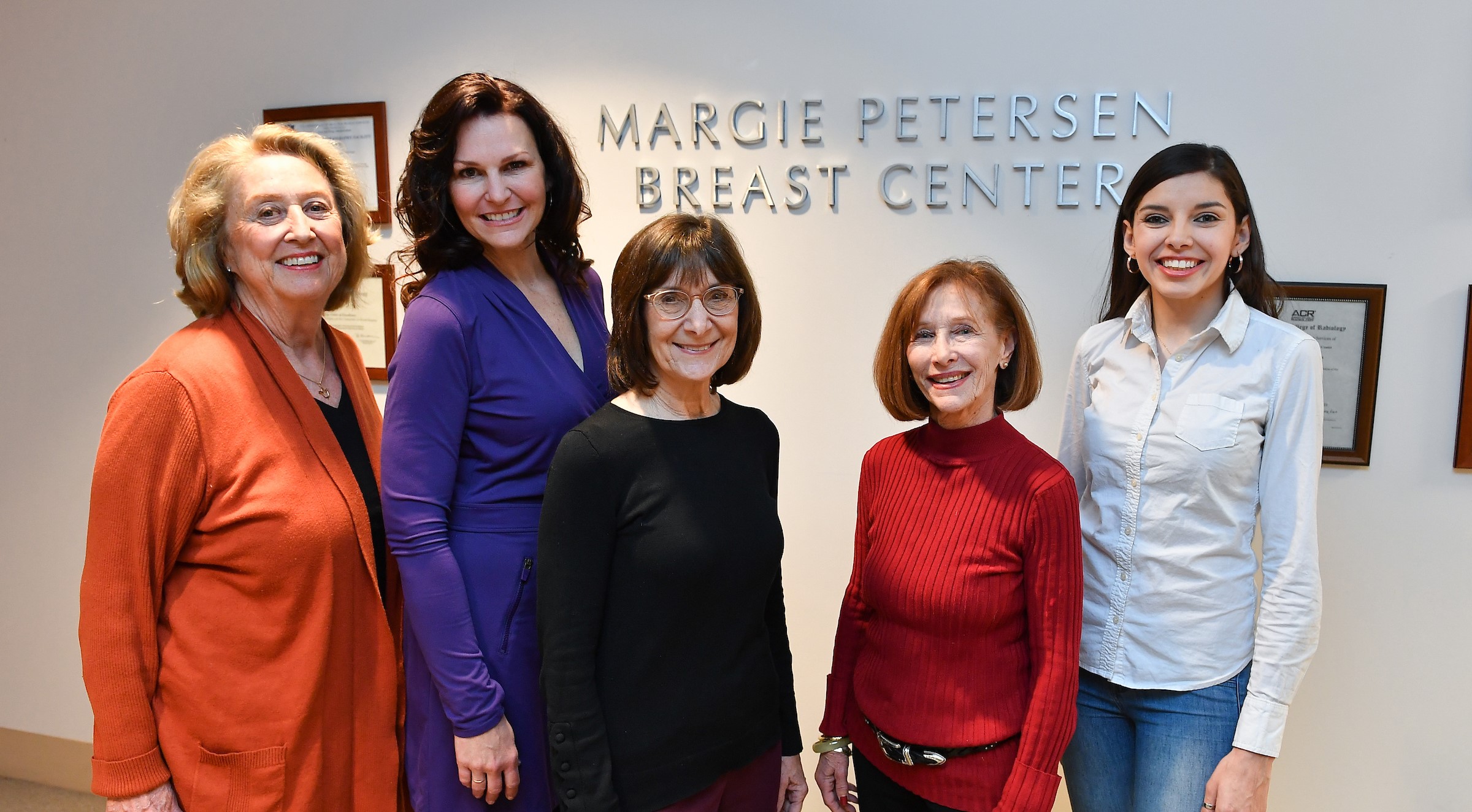
According to the American Cancer Society, about 1 in 8 women in the United States will develop breast cancer at some point in their lives. As part of Breast Cancer Awareness Month this October, we want you to know your breast and when to see a provider about a concern.
All women and men should know their breasts. It is recommended to conduct a breast self-examination, starting at any age, once a month. Performing a breast self-examination can help you become familiar with how your breasts normally look and feel. Below we’ve listed the common breast changes you should be on the lookout for.
Common Breast Concerns:
- Change in size or shape of your breast
- Swelling, redness, darkening, or warmth of your breast
- Sudden nipple discharge
- Rash, skin lesion, or dimpling of any area of your breast
- Focal pain in your breast
- A sudden inversion of your nipple
- A lump and/or hardening of your breast
If you have one or more of the listed concerns during your self-check, make an appointment with your provider to have it checked out.
At the Margie Petersen Breast Center, we have a team of breast specialist that take an integrated approach to breast health. We know how unsettling it can be to find a breast concern, that’s why we offer the peace of mind that comes with quickly securing an appointment. We have a complete diagnostic center to help immediately identify and treat breast issues.
A Team of Experts on Your Side
At the Margie Petersen Breast Center, our team specializes in diagnosing and treating common breast concerns in addition to breast cancer. Schedule an appointment if you have any of the following concerns:
Breast Lump
- Patients may feel “lumps” or a breast “mass” during a breast self-exam and get instant anxiety regarding the idea of cancer. Nearly 80% of all breast lumps are benign (noncancerous). Regardless, if a new breast lump is felt, a patient should be seen for a clinical breast exam and imaging.
Breast Pain
- Breast pain is one of the most common breast complaints. Nearly 70% of women have experienced breast pain at some point in their life. Fortunately, the majority of breast pain is not related to breast cancer, however it’s important to not ignore it and schedule an appointment with your provider to help ease your pain.
Nipple Condition
- Nipple conditions can occur in both women and men. They are usually associated with lactation, inflammation, or hormonal changes. If you notice any changes to your nipple, or new onset discharge from your nipples, you should seek medical consultation to figure out the cause.
Breast Skin Condition
- Some skin changes can appear similar to more serious conditions such as inflammatory breast cancer or Paget’s disease. Most skin changes are attributed to benign causes, but it’s important to see a provider, to assess the change and undergo imaging, if necessary, to determine the cause.
Family History of Cancer and Genetic Testing
- In some families, an inherited risk factor can be identified to cause an increased cancer risk. This is true in at least 10% of breast cancers. Inherited risk can come from either side of the family, and the risk on each side is considered separately.
Typically, we recommend genetic testing if:
- You or any of your family members have been diagnosed with breast, colon, prostate or uterine cancer before age 50.
- You or any of your family members have developed a rare type of cancer, such as ovarian, male breast, pancreatic, endocrine, or a sarcoma.
- You or any of your family members had highly aggressive or metastatic prostate cancer.
- You or any of your family members had numerous colon polyps.
- You or any of your family members had more than one type of cancer or bilateral cancers (ex. breast and colon cancer, or breast cancer in both breasts).
- You have multiple family members that have been diagnosed with cancer of any type.
- If you have Ashkenazi (Eastern European) Jewish ancestry.
Screening for Breast Cancer
- In addition to an annual screening exam, if you discover a lump or have a breast concern, you should schedule an evaluation at the Margie Petersen Breast Center. We have the ability to fully evaluate any breast problems in one day. Most breast lumps are not cancer, yet any breast related concerns can be frightening. We have radiologists on site Monday-Friday to review mammograms and ultrasounds. If a biopsy is needed, we facilitate that the same day or as soon as possible. Our team of breast specialists can then determine next steps quickly.

